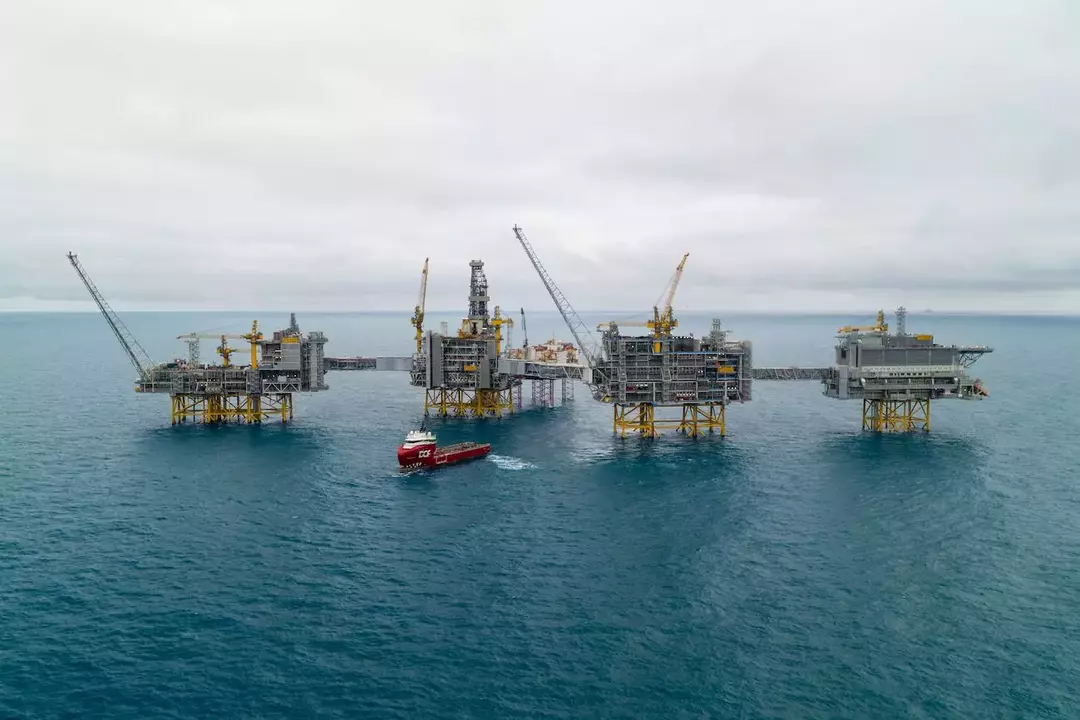The Norwegian Ministry of Energy’s recent award of 53 new production licenses underscores the country’s dedication to maintaining its key role as a stable energy supplier to Europe.
Introduction
The maritime industry is abuzz with Norway’s strategic move to bolster its energy production capabilities. The Norwegian Ministry of Energy has awarded 53 new production licenses as part of its Annual Predefined Areas (APA) 2024 licensing round. This development is crucial for the maritime sector, as it reinforces Norway’s commitment to sustaining its position as a reliable energy supplier to Europe. The licenses are distributed across key offshore regions, including the North Sea, Norwegian Sea, and Barents Sea, with significant implications for the European energy supply.
Distribution of Licenses
The 53 new production licenses are strategically distributed across Norway’s offshore regions:
- 33 licenses in the North Sea
- 19 licenses in the Norwegian Sea
- 1 license in the Barents Sea
This distribution highlights Norway’s comprehensive approach to exploring and developing its energy resources.
Key Players and Operators
Twenty oil companies received shares in these licenses, with 13 designated as operators. Equinor, Norway’s state-owned energy giant, secured 27 licenses, including seven as the operator. Equinor’s ambitious plans to drill approximately 250 exploration wells by 2035 demonstrate the company’s long-term confidence in the region’s potential.
“There are still substantial resources on the Norwegian continental shelf,” said Jez Averty, Equinor’s senior vice president for subsurface. “Together with our partners, we need to explore more to contribute to European energy security and maintain our position as a reliable supplier of oil and gas.”
Strategic Importance
The strategic importance of these awards was emphasized by Energy Minister Terje Aasland, who stated that “continued development of the Norwegian continental shelf is important for employment, value creation, and the ripple effects of petroleum activities on the mainland going forward.” Following Russia’s 2022 invasion of Ukraine, Norway emerged as Europe’s leading gas supplier, providing 30% of EU gas imports and helping fill the gap left by banned Russian oil.
Energy Infrastructure
Norway’s extensive energy infrastructure includes:
- Three gas processing plants
- An oil refinery
- Two oil terminals
- Nearly 9,000 kilometers of pipelines
This infrastructure positions Norway to continue serving European and UK energy markets effectively.
APA Licensing System
The APA licensing system, introduced in 2003, has been crucial for maintaining Norway’s energy production capabilities. It focuses on mature areas where existing infrastructure can be utilized efficiently, ensuring the timely extraction of resources before facilities are decommissioned. This system not only supports rapid deployment with lower costs but also reduces greenhouse gas emissions.
Conclusion
Norway’s award of 53 new production licenses reinforces its strategic role in the European energy supply. With Equinor leading the charge and a robust energy infrastructure in place, Norway is well-positioned to continue providing stable and reliable energy to Europe. The APA licensing system ensures efficient use of resources, supporting both economic and environmental sustainability.
For the maritime industry, these developments signal a period of growth and opportunity, as Norway continues to be a pivotal player in the global energy landscape.
Sources:


Leave a Reply